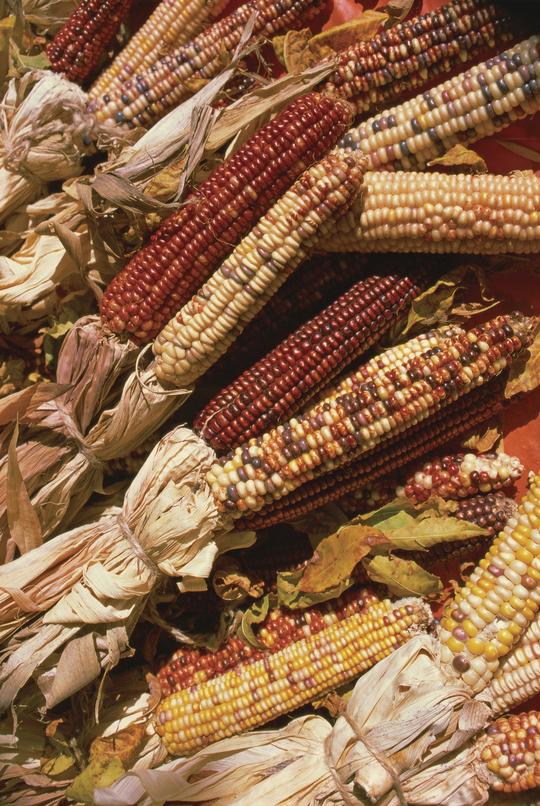
Breakthrough of the negotiations
Farmers' Rights was among the most contested issues during the negotiations towards the International Treaty on Plant Genetic Resources for Food and Agriculture.

Farmers' Rights was among the most contested issues during the negotiations towards the International Treaty on Plant Genetic Resources for Food and Agriculture.
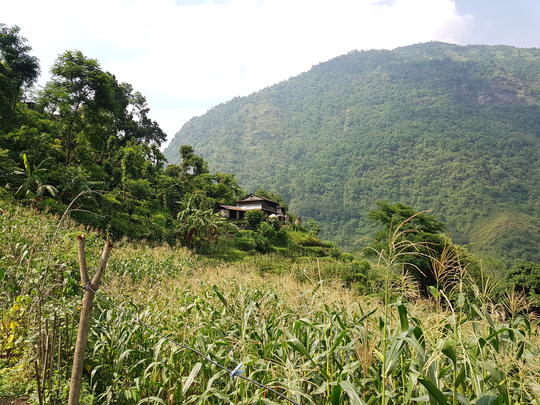
This article summarizes some of the most important aspects of the history of Farmers' Rights. You can read more about them in the other articles under History of Farmers' Rights.
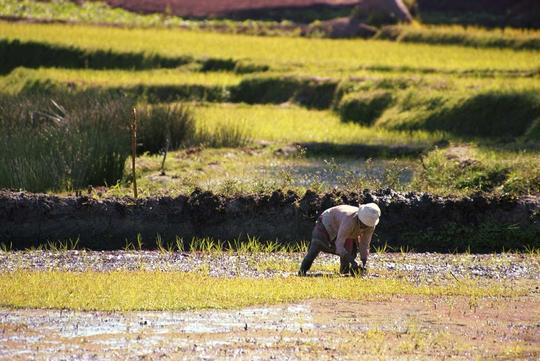
To understand the provisions on Farmers' Rights in the International Treaty, it is useful to review the history of negotiations regarding these rights. Since Farmers' Rights were first taken up in international negotiations in 1986, important clarifications have been made.
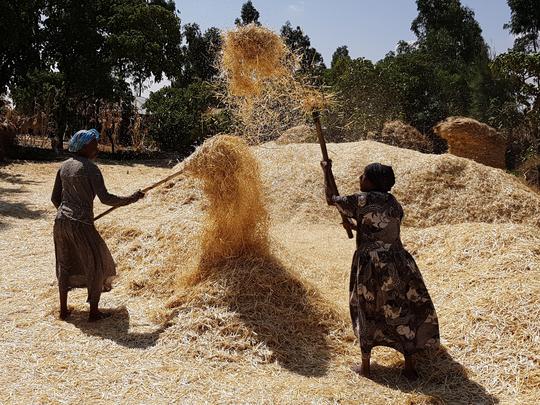
The Governing Body of the International Treaty on Plant Genetic Resources for Food and Agriculture is in the process of defining contents of Farmers’ Rights.
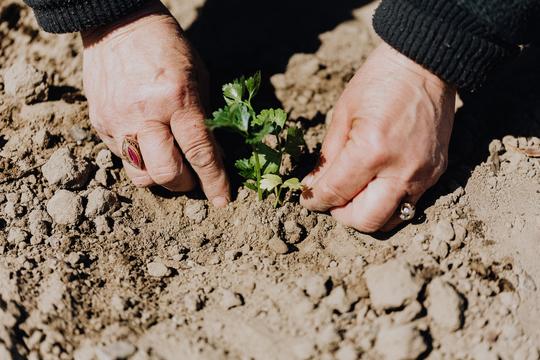
Farmers' Rights related to crop genetic resources refer to the rights that farmers have with regard to seed, propagating material and crop genetic diversity in general – and associated knowledge. Basically, realizing Farmers' Rights means enabling farmers to maintain and develop crop genetic diversity, and recognizing and rewarding them for this indispensable contribution to the global pool of genetic resources and to local and global food security.